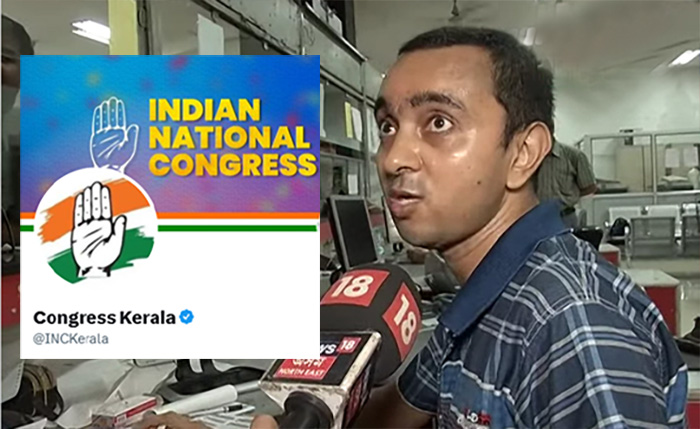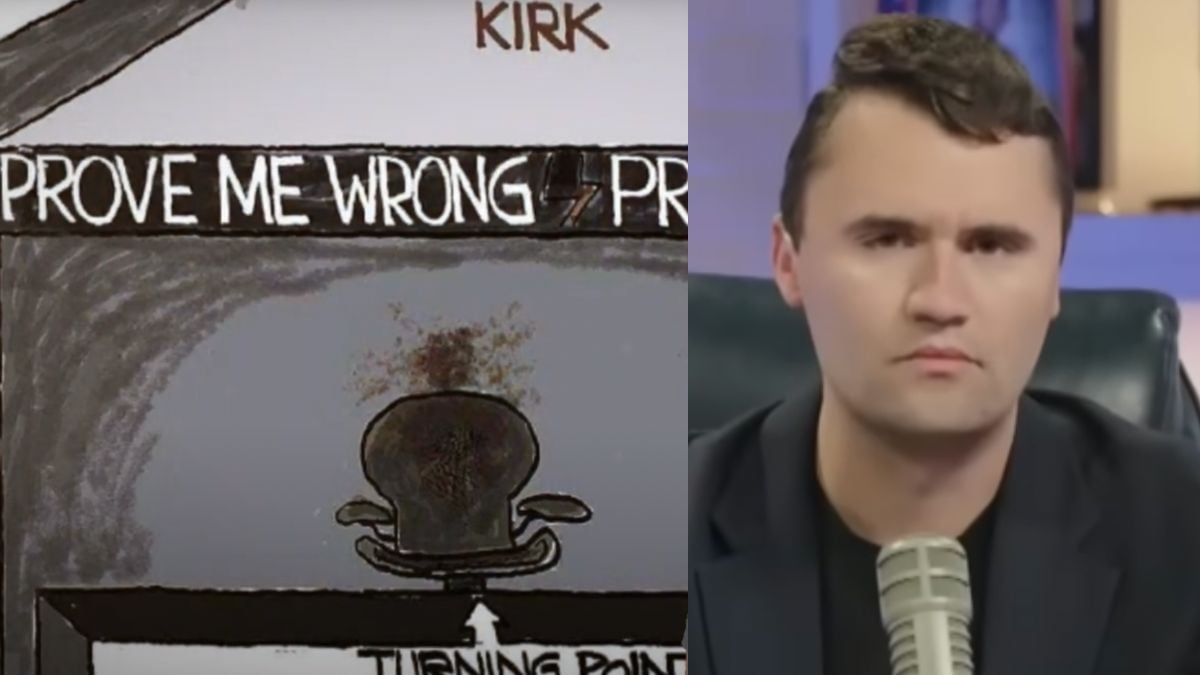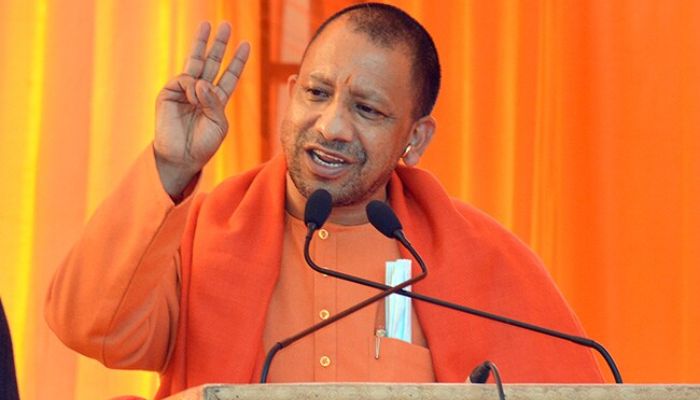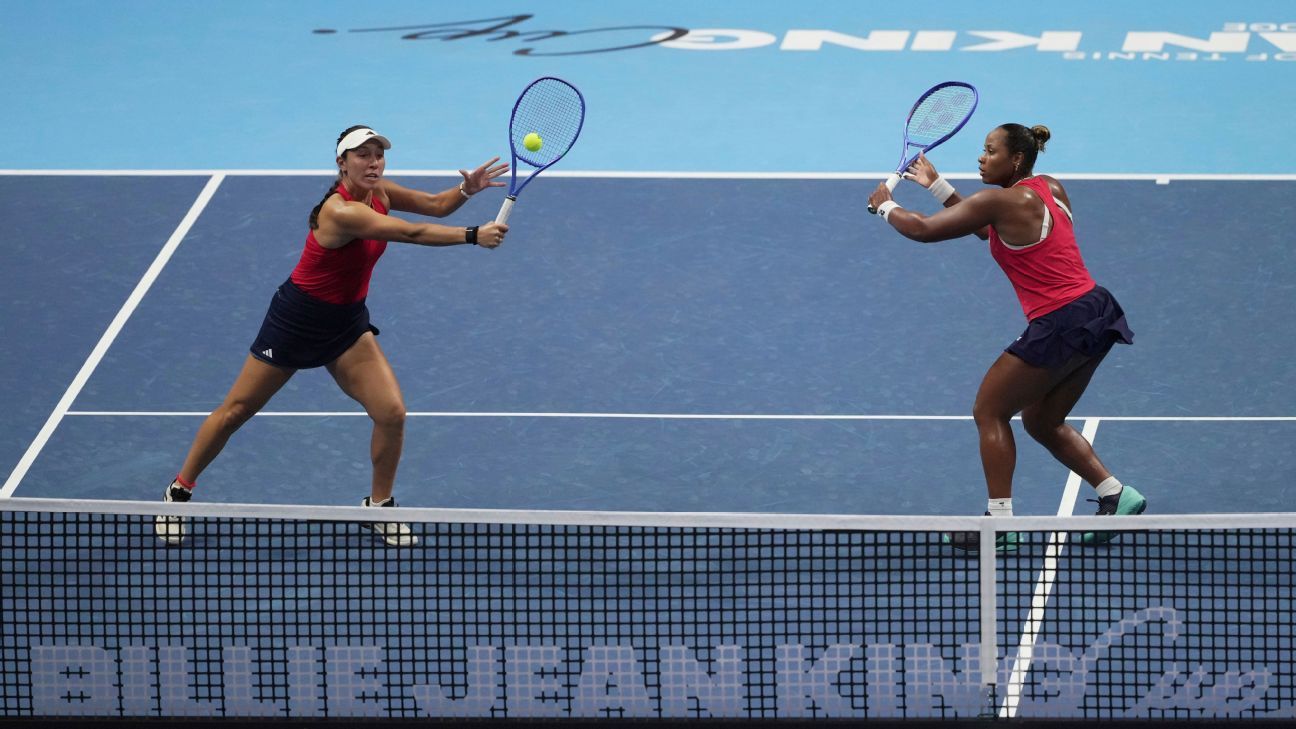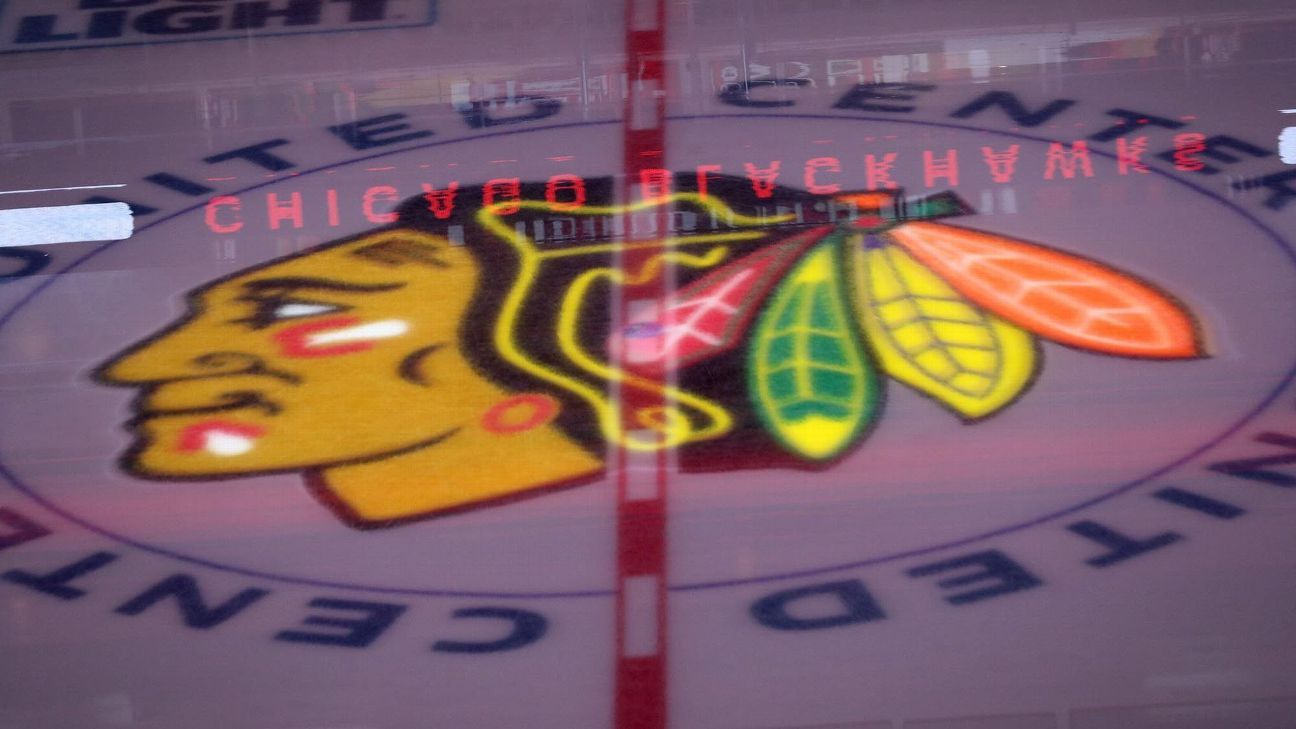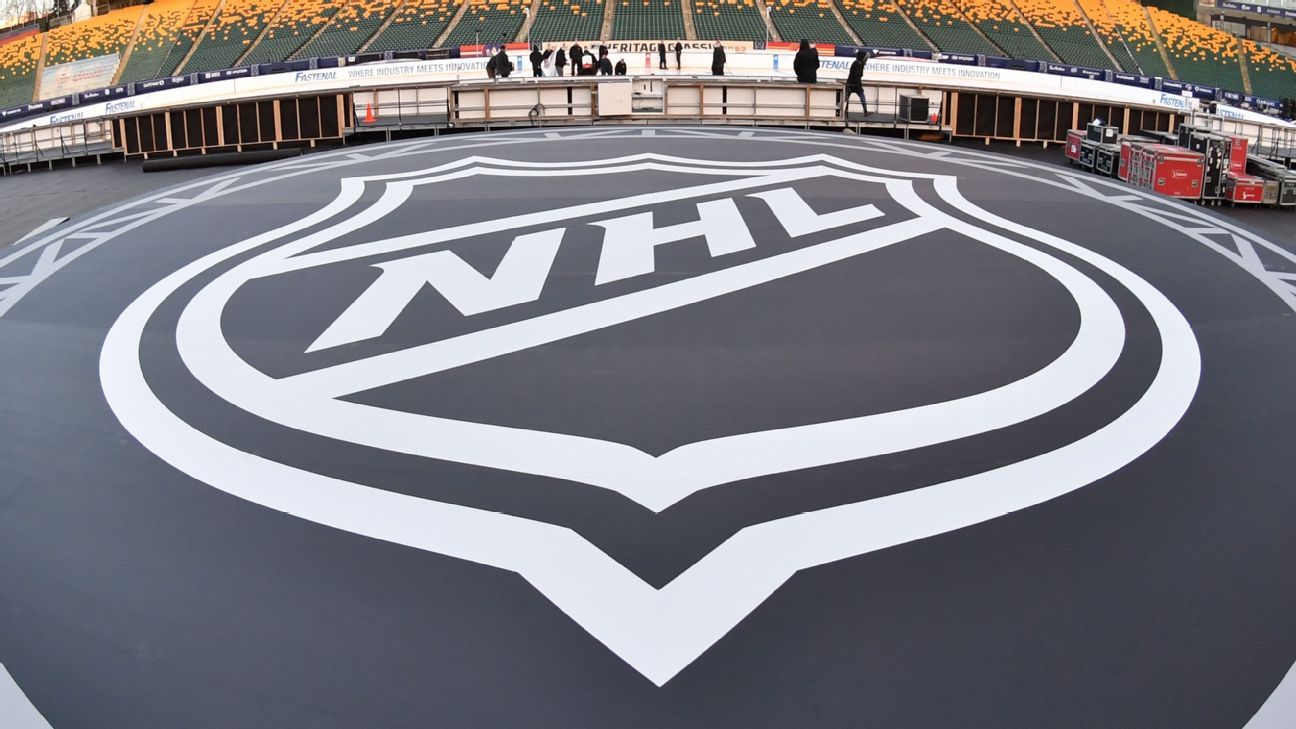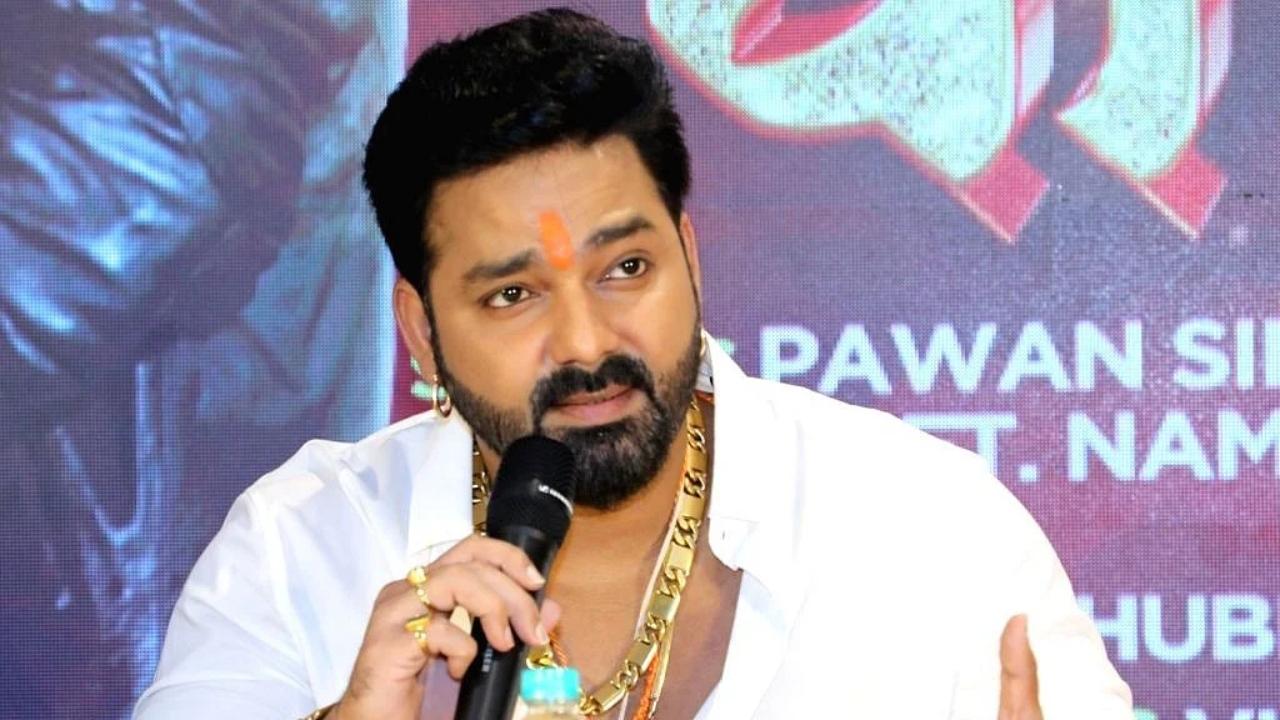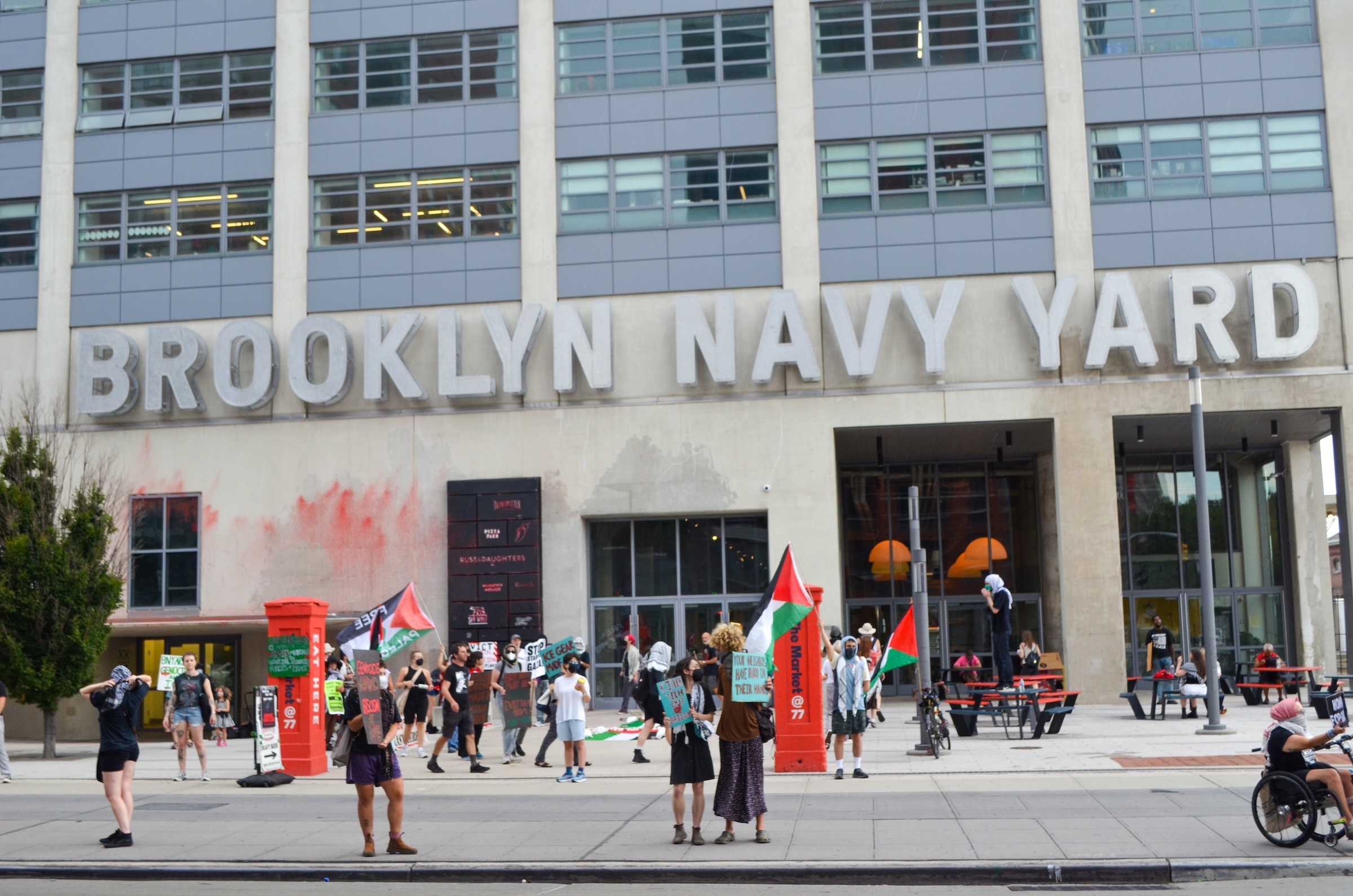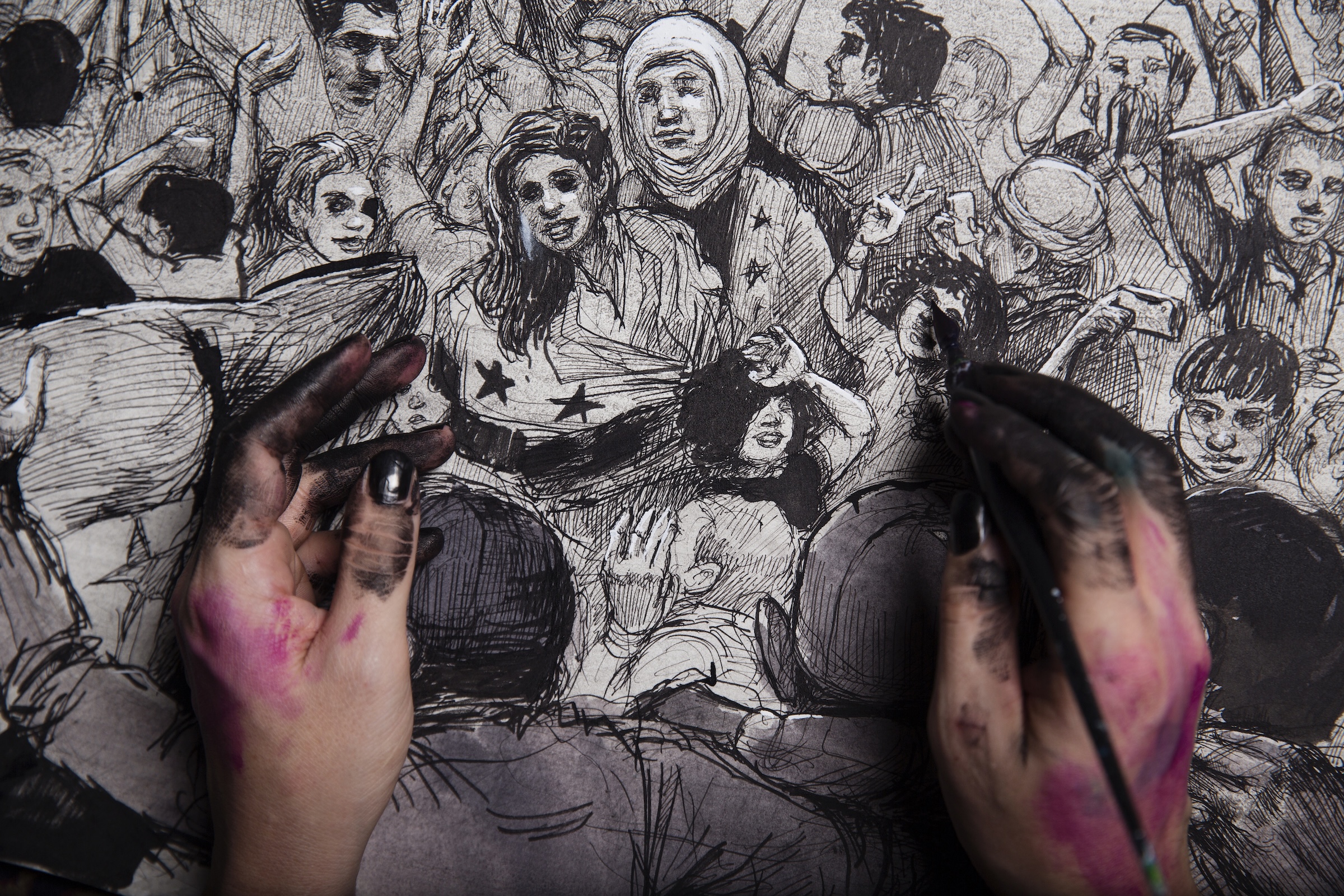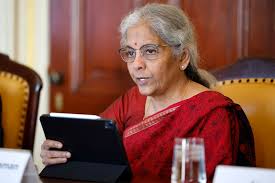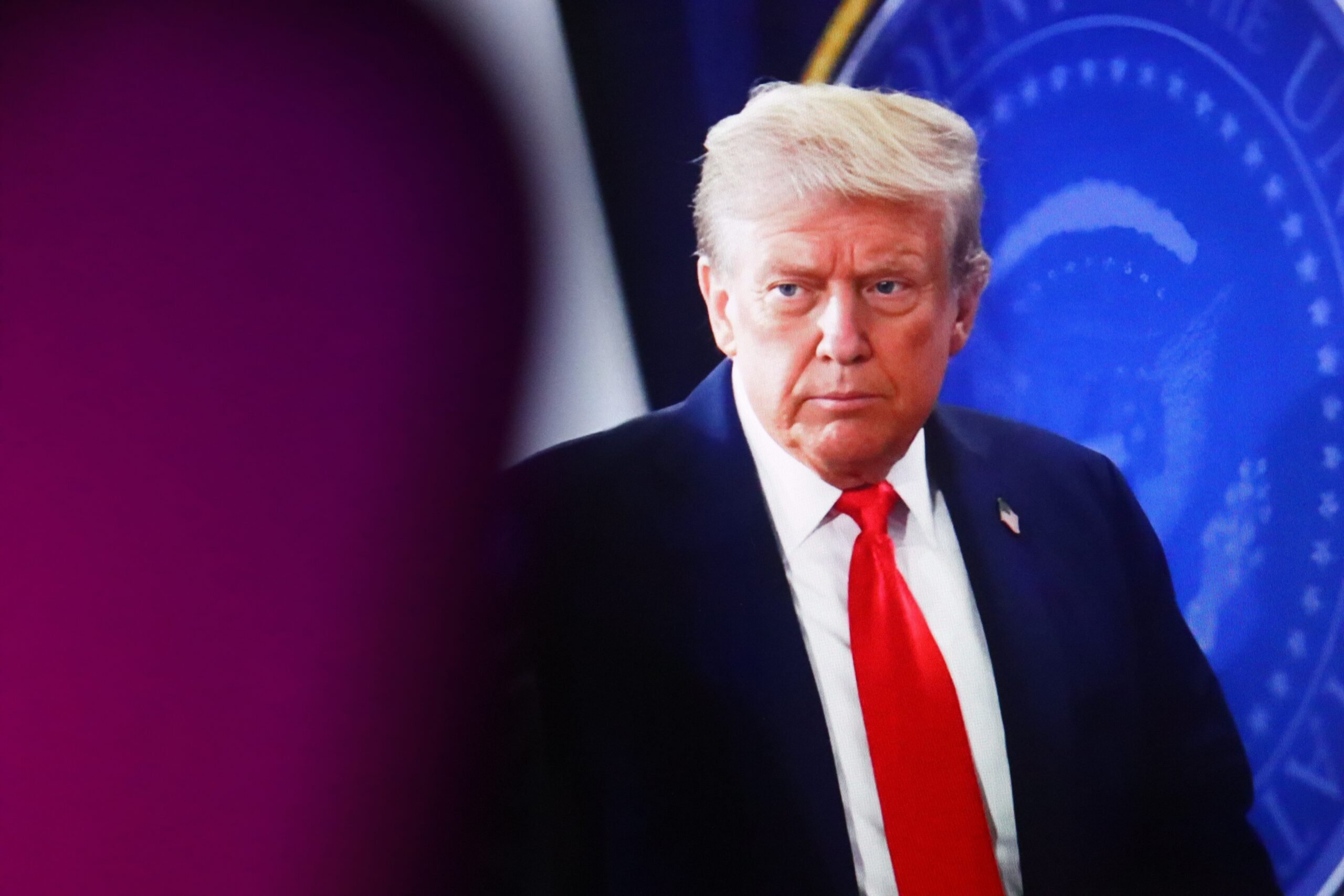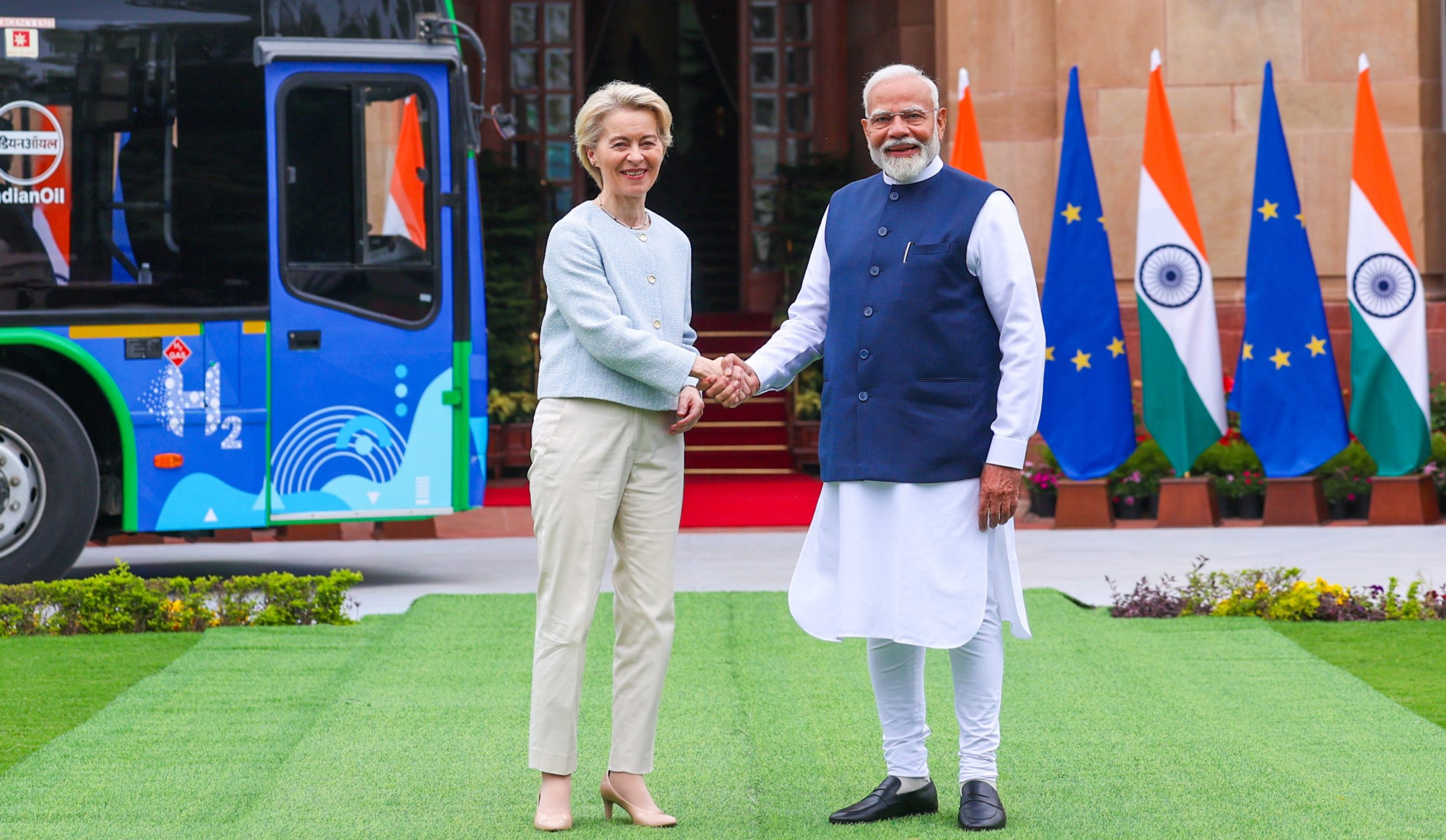Delhi Court quashes lower court’s order restraining publication of defamatory content on Adani group, orders fresh hearing in defamation case
A Delhi Court today quashed an ex-parte injunction imposed by a lower civil court restraining publication of defamatory content on Adani Group. The court allowed the appeal filed by journalists Ravi Nair, Abir Dasgupta, Ayaskant Das and Ayush Joshi, criticizing the trial judge for failing to provide an opportunity for the defendants to be heard before declaring certain media content as “prima facie defamatory” and ordering its removal. District Judge Ashish Aggarwal of the Rohini Courts passed the order accepting the pleas of the journalists, and quashed the September 6 order by Special Civil Judge Anuj Kumar Singh. The judge observed that the articles had been in public domain for long and hence, the civil judge ought to have heard the journalists before directing take down of their articles. However, the injunction against journalist Paranjoy Guha Thakurta remains, as his appeal was heard by another court and the order in that hearing has been reserved by District Judge Sunil Chaudhary. The advocates representing the journalists argued that the order was procedurally flawed and overreached into the domain of free speech protections under Article 19(1)(a) of the Indian Constitution. The impugned order had directed the journalists, along with websites such as pranjoy.in, adaniwatch.org, and adanifiles.com.au, to expunge allegedly defamatory material within five days. It also mandated compliance from social media intermediaries under the Information Technology Rules, 2021. Delivering the verdict, the Court observed, “I am of the opinion that the civil judge ought to have made observations of material shown to it as defamatory after giving opportunity to defendants to put forth their stance.” The court further noted the irreversible impact of such orders, stating, “The effect would be in the event of the court of senior civil judge subsequently finding that the articles are not defamatory, after defendants put forth their defence, it is not feasible that articles which have been removed would then be restored.” The court emphasized adherence to the Code of Civil Procedure (CPC), 1908, particularly provisions requiring hearings even in urgent ex-parte matters. It highlighted that while the lower court had scheduled the next hearing for October 9, beyond the mandatory 30-day window for deciding interim applications, it failed to balance the urgency with due process. “The impugned order is not sustainable. It is all the more imperative to note that while passing ex-parte injunction the trial court didn’t bear in mind provisions of CPC,” the judge remarked. Without delving into the merits of the defamation claims, the court set aside the entire impugned order and remanded the matter back to the Senior Civil Judge for fresh consideration. “The case be listed before senior civil judge. The court shall take up the interim application for consideration after hearing appellants and also plaintiff. The court may decide application uninfluenced by any observation,” the judge directed. Background of the Case The case stems from a series of articles and social media posts by Thakurta and other journalists, including Ravi Nair, Abir Dasgupta, Ayaskant Das, and Ayush Joshi, dating back to as early as 2017. Adani Enterprises Ltd (AEL) alleged these publications contained “unverified and incorrect” claims, such as comparisons likening Gautam Adani to Elon Musk in the context of political influence, causing reputational harm to the conglomerate. AEL, represented by Senior Advocates Anurag Ahluwalia, Jagdeep Sharma, and Vijay Aggarwal, argued during the hearing that the content used “atrocious language” and lacked evidentiary basis, referencing the Supreme Court’s observations in the 2023 Hindenburg Research controversy involving Adani stocks. The lower court’s order had extended its restraints to Adani group companies not directly party to the suit. In a related development, the Ministry of Electronics and Information Technology (MeitY) had issued takedown notices to 13 news publishers and platforms, citing the injunction.



A Delhi Court today quashed an ex-parte injunction imposed by a lower civil court restraining publication of defamatory content on Adani Group. The court allowed the appeal filed by journalists Ravi Nair, Abir Dasgupta, Ayaskant Das and Ayush Joshi, criticizing the trial judge for failing to provide an opportunity for the defendants to be heard before declaring certain media content as “prima facie defamatory” and ordering its removal.
District Judge Ashish Aggarwal of the Rohini Courts passed the order accepting the pleas of the journalists, and quashed the September 6 order by Special Civil Judge Anuj Kumar Singh. The judge observed that the articles had been in public domain for long and hence, the civil judge ought to have heard the journalists before directing take down of their articles.
However, the injunction against journalist Paranjoy Guha Thakurta remains, as his appeal was heard by another court and the order in that hearing has been reserved by District Judge Sunil Chaudhary.
The advocates representing the journalists argued that the order was procedurally flawed and overreached into the domain of free speech protections under Article 19(1)(a) of the Indian Constitution.
The impugned order had directed the journalists, along with websites such as pranjoy.in, adaniwatch.org, and adanifiles.com.au, to expunge allegedly defamatory material within five days. It also mandated compliance from social media intermediaries under the Information Technology Rules, 2021.
Delivering the verdict, the Court observed, “I am of the opinion that the civil judge ought to have made observations of material shown to it as defamatory after giving opportunity to defendants to put forth their stance.” The court further noted the irreversible impact of such orders, stating, “The effect would be in the event of the court of senior civil judge subsequently finding that the articles are not defamatory, after defendants put forth their defence, it is not feasible that articles which have been removed would then be restored.”
The court emphasized adherence to the Code of Civil Procedure (CPC), 1908, particularly provisions requiring hearings even in urgent ex-parte matters. It highlighted that while the lower court had scheduled the next hearing for October 9, beyond the mandatory 30-day window for deciding interim applications, it failed to balance the urgency with due process.
“The impugned order is not sustainable. It is all the more imperative to note that while passing ex-parte injunction the trial court didn’t bear in mind provisions of CPC,” the judge remarked.
Without delving into the merits of the defamation claims, the court set aside the entire impugned order and remanded the matter back to the Senior Civil Judge for fresh consideration. “The case be listed before senior civil judge. The court shall take up the interim application for consideration after hearing appellants and also plaintiff. The court may decide application uninfluenced by any observation,” the judge directed.
Background of the Case
The case stems from a series of articles and social media posts by Thakurta and other journalists, including Ravi Nair, Abir Dasgupta, Ayaskant Das, and Ayush Joshi, dating back to as early as 2017. Adani Enterprises Ltd (AEL) alleged these publications contained “unverified and incorrect” claims, such as comparisons likening Gautam Adani to Elon Musk in the context of political influence, causing reputational harm to the conglomerate.
AEL, represented by Senior Advocates Anurag Ahluwalia, Jagdeep Sharma, and Vijay Aggarwal, argued during the hearing that the content used “atrocious language” and lacked evidentiary basis, referencing the Supreme Court’s observations in the 2023 Hindenburg Research controversy involving Adani stocks.
The lower court’s order had extended its restraints to Adani group companies not directly party to the suit. In a related development, the Ministry of Electronics and Information Technology (MeitY) had issued takedown notices to 13 news publishers and platforms, citing the injunction.





